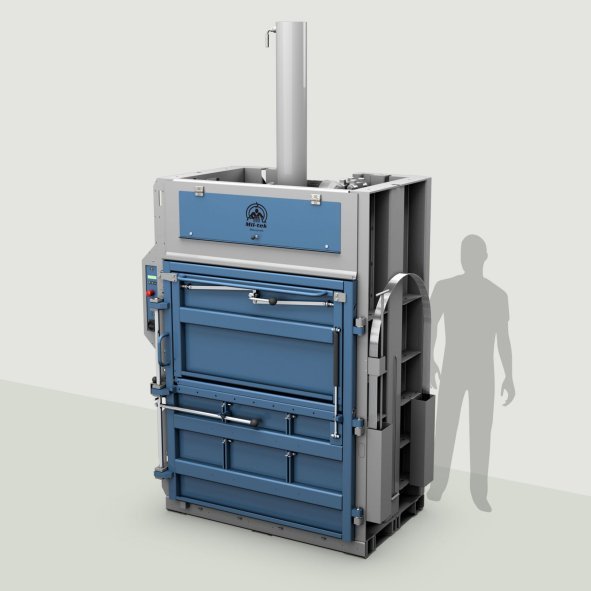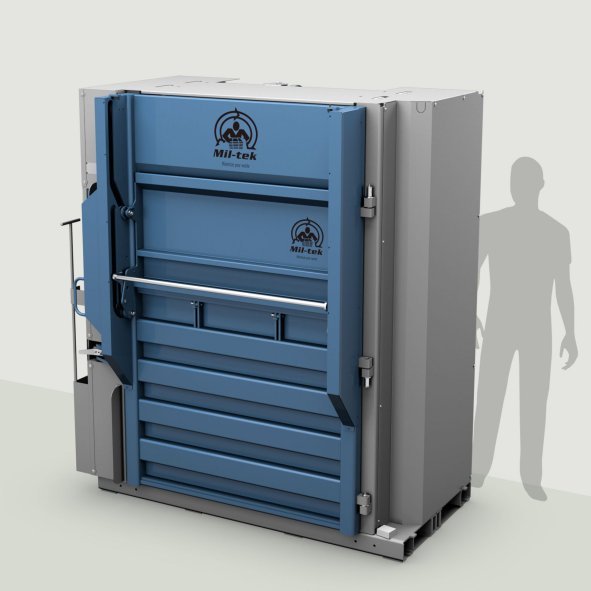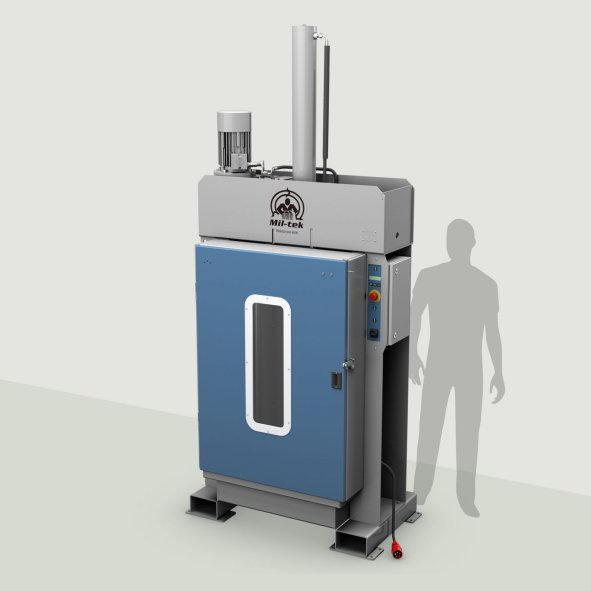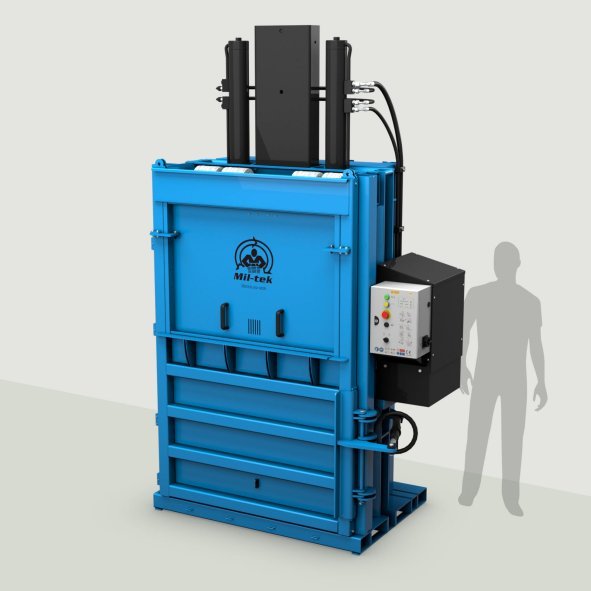Hydraulic Balers by Mil-tek
Hydraulic balers are powerful machines designed to compress recyclable materials and waste into compact bales. Their high pressing force makes them especially effective for handling large-volume waste streams, reducing storage space, improving transport efficiency, and supporting sustainable waste management in industrial settings.
What is a hydraulic baler and how it works
A hydraulic baler operates using an oil-powered ram that drives a pressing plate with high force, compressing materials into compact, uniform bales.
Typical bale weights range from a few hundred to over a thousand kilograms, offering significant density benefits that reduce storage needs and transport costs. The process is simple: load the chamber, activate the hydraulic press, and secure the finished bale with ties or strapping, making it ready for efficient handling, stacking, or shipment.
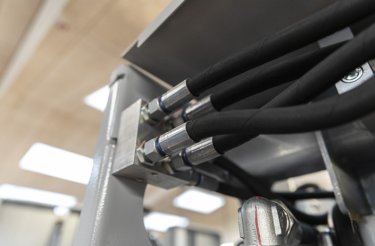
Key benefits of a Hydraulic Baler
Hydraulic balers produce mill-size bales that meet recycling industry standards, ensuring maximum rebates from waste processors. Their robust construction is built to withstand continuous, high-volume operation, making them ideal for demanding industrial and commercial environments. These machines deliver a long service life and reliable performance that keeps waste handling efficient and cost-effective over many years of use.
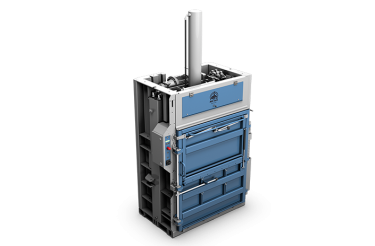
Industries using Hydraulic Balers
Hydraulic balers are essential across a wide range of sectors. In warehousing and distribution, they efficiently manage packaging waste. Manufacturing plants use them to handle production scrap and offcuts. Large retail back-of-house operations benefit from compacting bulky cardboard and plastics, freeing up valuable space. Recycling centres rely on their high pressing force to process mixed materials into dense, transportable bales, streamlining operations and maximizing the value of recovered resources.
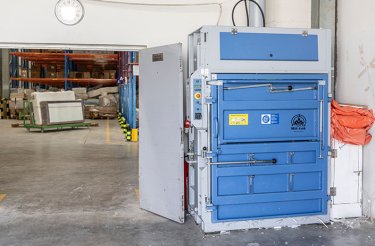
Comparing power sources – Hydraulic vs. Electric vs. Pneumatic
When choosing a baler, three main power sources are available: hydraulic, electric, and pneumatic.
Hydraulic balers use oil-driven rams to deliver high pressing force, making them ideal for dense, bulky, or high-volume waste streams.
Electric balers rely on motor-driven screws or gears for quieter, energy-efficient operation.
Pneumatic balers use compressed air, offering simplicity and mobility for lighter-duty tasks.
Each type has unique strengths depending on the materials and operational demands.
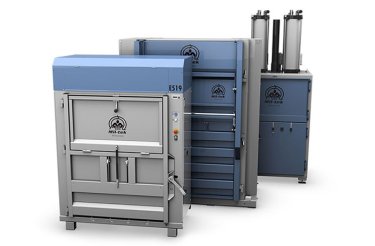
What kind of waste is our hydraulic balers useful for
Mil-tek’s hydraulic balers excel at handling tough, bulky materials such as cardboard, plastic wrap, PET bottles, and mixed recyclables. Their high compaction force produces dense bales, reducing storage space and transport costs.
For more details on specific applications, see our dedicated guides on cardboard balers and plastic balers.
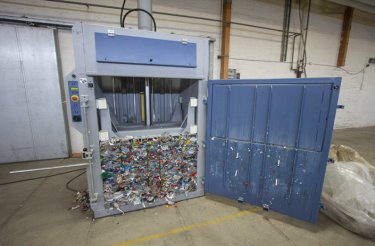
Frequently asked questions
How do I choose the right tonnage?
Select a tonnage based on the type and volume of material you process. Denser or bulkier waste streams generally require higher pressing force for optimal bale density.
What power supply is required?
Most hydraulic balers operate on a three-phase power supply, though smaller models may work with single-phase connections.
How long does a cycle take?
Cycle times typically range from 30 seconds to a few minutes, depending on the model and material type.
Can it handle mixed plastics?
Yes, hydraulic balers can process mixed plastics, though separating by type may yield better bale quality and recycling value.
Want to know more?
Hydraulic balers deliver unmatched pressing power, durability, and efficiency for high-volume waste streams.
Contact us today to request a quote or arrange an on-site survey to find the perfect solution for your operation.
